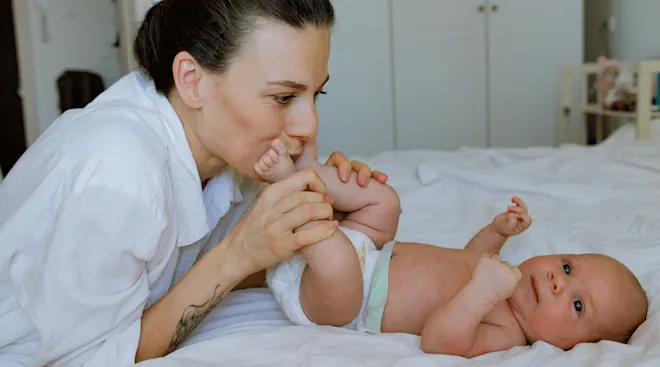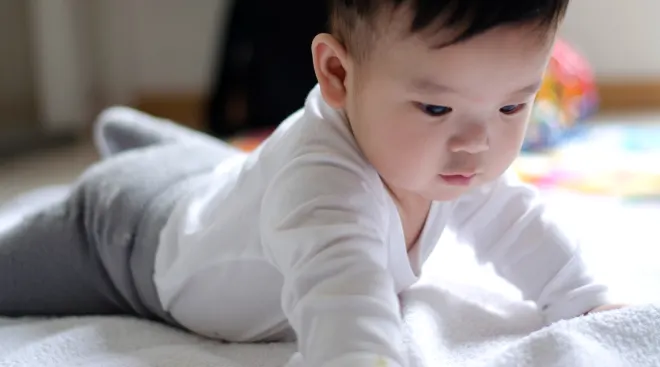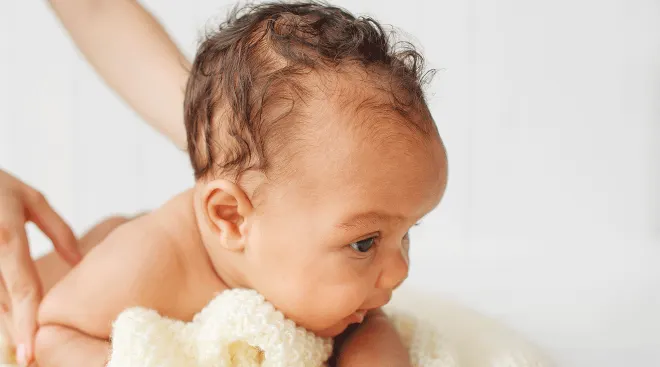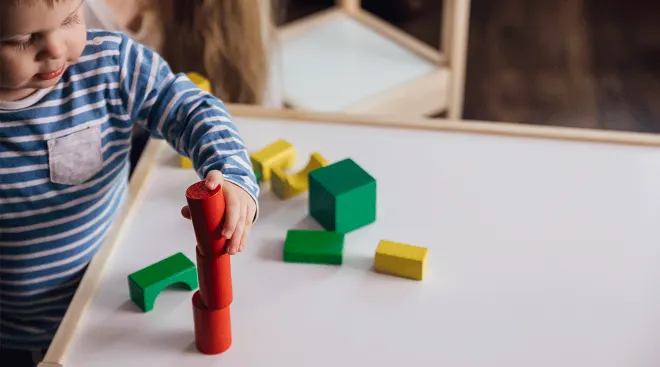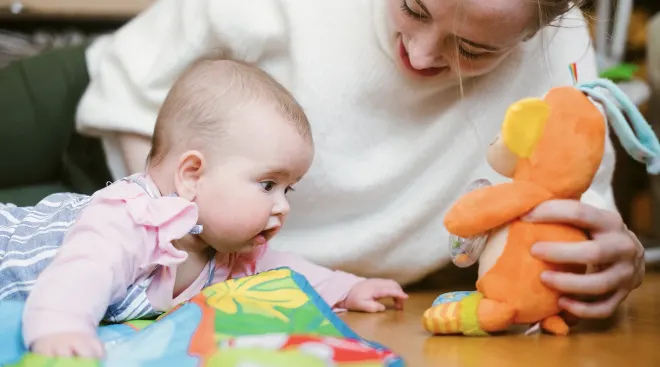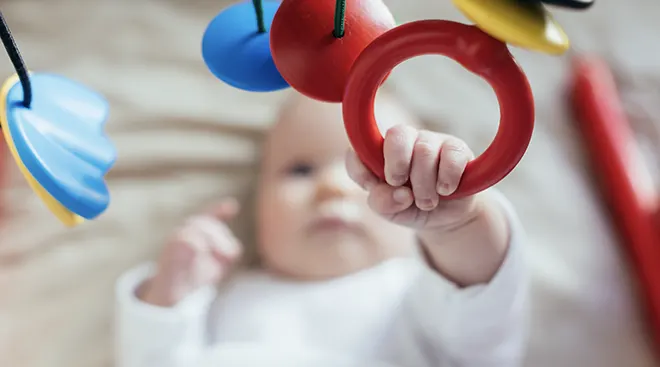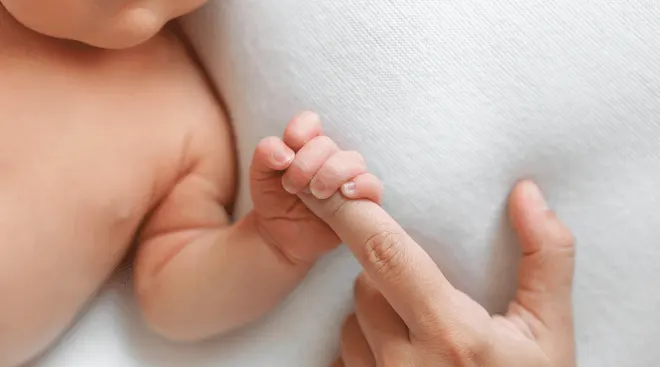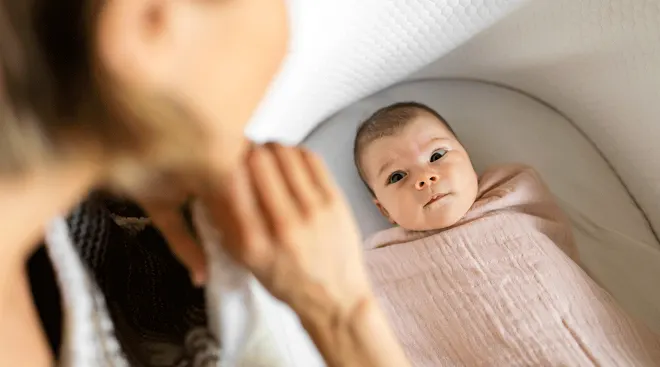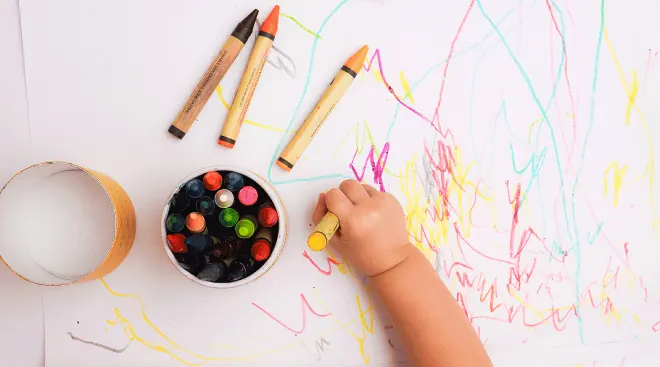Babies Develop Self-Awareness as Young as 4 Months Old, Study Suggests
Babies may be more in tune with their surroundings than we ever imagined.
A new study conducted by the University of Birmingham’s BabyLab, published in Scientific Reports this November reveals that infants as young as four months old possess a remarkable ability to comprehend how their bodies interact with the space around them.
The research, led by Dr. Giulia Orioli, explored the development of self-awareness in babies through a series of clever experiments. Using a ball on a screen that either approached or moved away, the researchers observed the reactions of the babies.
Intriguingly, when the ball on the screen was closest to the babies, a gentle ‘touch’ (in the form of a small vibration) was administered to their hands. Meanwhile, the researchers measured the babies’ brain activity during these interactions.
The findings were nothing short of fascinating. From as early as four months old, babies exhibited heightened somatosensory (tactile) brain activity when a touch coincided with an object moving towards them.
“Our findings indicate that even in the first few months of life, before babies have even learned to reach for objects, the multisensory brain is wired up to make links between what babies see and what they feel. This means they can sense the space around them and understand how their bodies interact with that space—referred to as peripersonal space," Dr. Orioli shared.
She emphasized that this discovery challenges our understanding of early human development. The ability to perceive and anticipate touch in relation to spatial awareness appears to be an innate skill, raising questions about the interplay between nature and nurture in the formation of these abilities.
Intriguingly, the researchers also investigated the reactions of older babies, around eight months old, to unexpected touches. When the touch on their hand was preceded by the ball on the screen moving away from them, the babies’ brain activity revealed signs of surprise.
Professor Andrew Bremner noted, “This indicates that as babies proceed through their first year of life, their brains construct a more sophisticated awareness of how their body exists in the space around them."
Looking ahead, the researchers plan to expand their study to include even younger and older participants. By comparing the brain activity of infants with that of adults, they hope to shed light on the progression of these “multisensory” abilities. Additionally, they aim to explore whether newborns, only a few days old, already possess the foundations of spatial self-awareness—a prospect that could offer insights into the origins of human consciousness.
Navigate forward to interact with the calendar and select a date. Press the question mark key to get the keyboard shortcuts for changing dates.


































